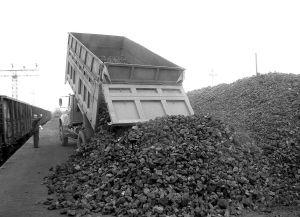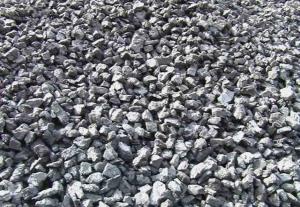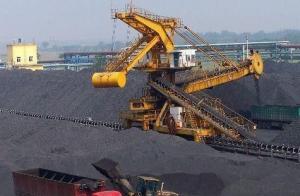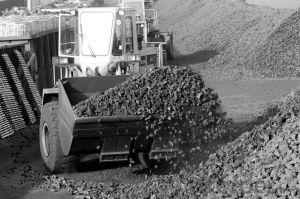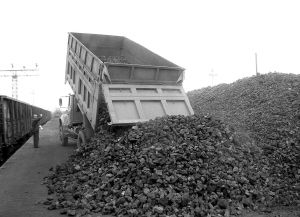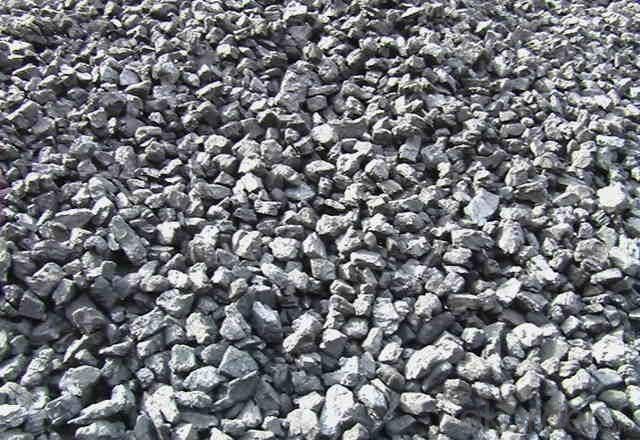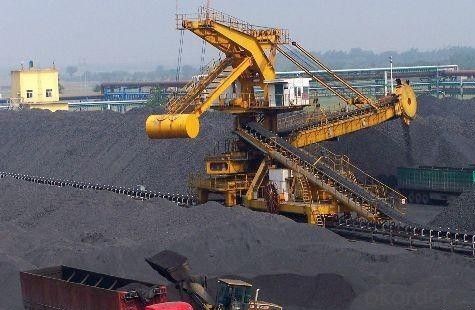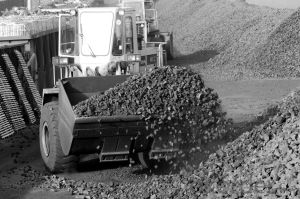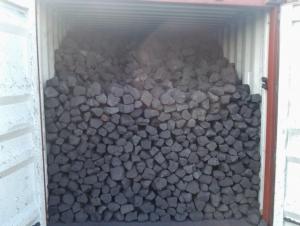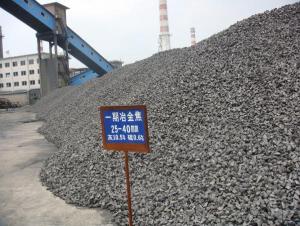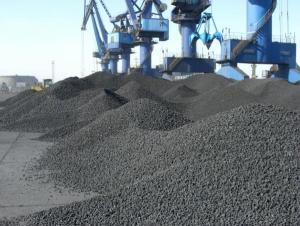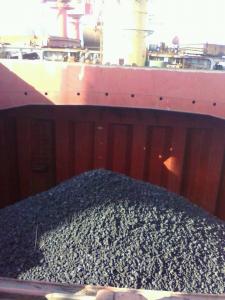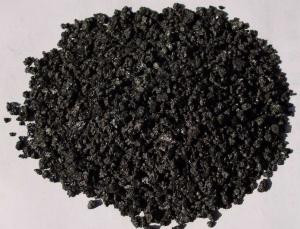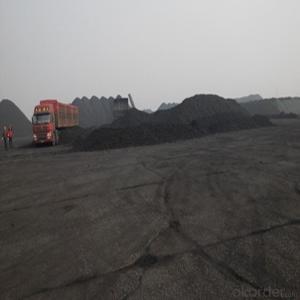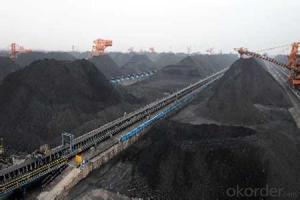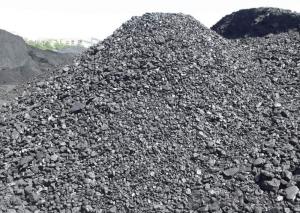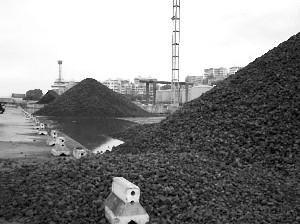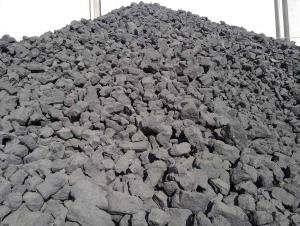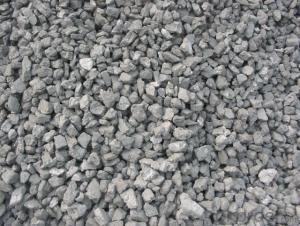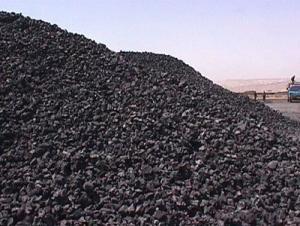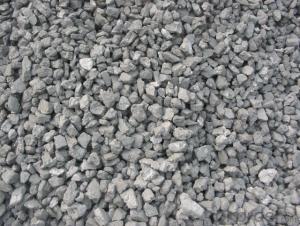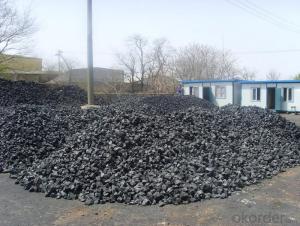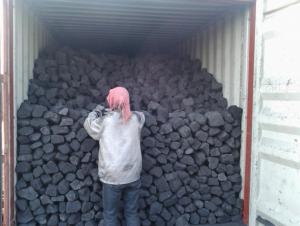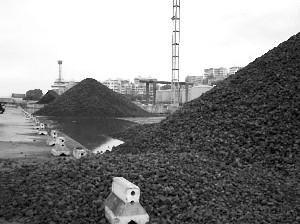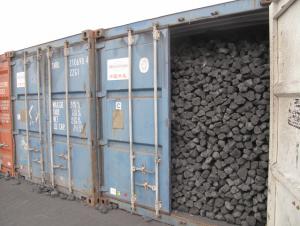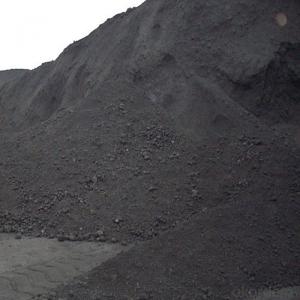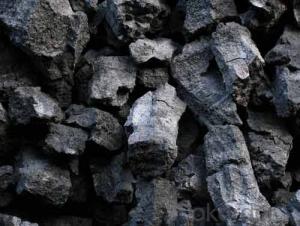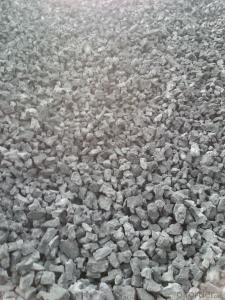CNBM Metallurgical Coke of Coke Strength after Reactivity 62
- Loading Port:
- Tianjin
- Payment Terms:
- TT OR LC
- Min Order Qty:
- 100 m.t.
- Supply Capability:
- 3000 m.t./month
OKorder Service Pledge
OKorder Financial Service
You Might Also Like
1. Structure of Metallurgical Coke of Coke Strength after Reactivity 62 Description:
Coke is made by high temperature metallurgical coke for blast furnace smelting, casting and gasification. Occurring in the process of coking after recovery and purification of coke oven gas is a high calorific value of fuel, is an important industrial raw material in organic synthesis.
Coke is mainly used for blast furnace ironmaking and used for copper, lead, zinc, titanium, antimony, mercury and other non-ferrous metal smelting of blast furnace, reducing agent, compound and the function of stock column frame.
Blast furnace with Coke instead of charcoal, which laid a foundation for the large-scale of modern blast furnace, is a major milestone in the history of metallurgy.
2. Main Features of the Metallurgical Coke of Coke Strength after Reactivity 62:
• Quality assurance
• Mutual benefit
• Preferential price
• Various choice
3. Metallurgical Coke of Coke Strength after Reactivity 62 Images:
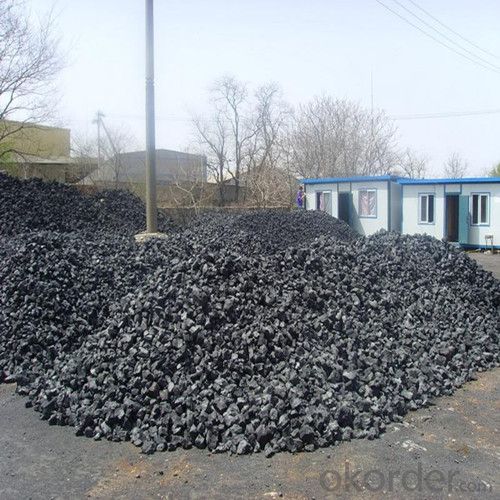
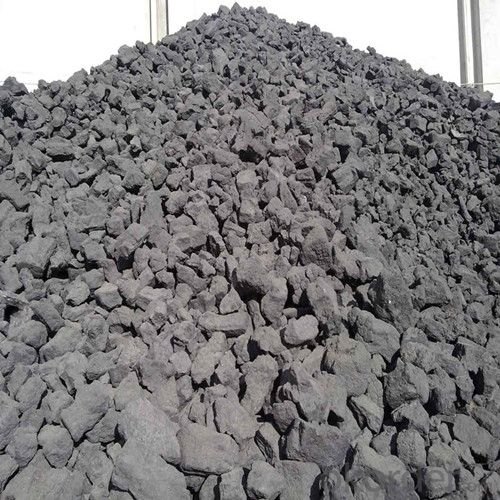
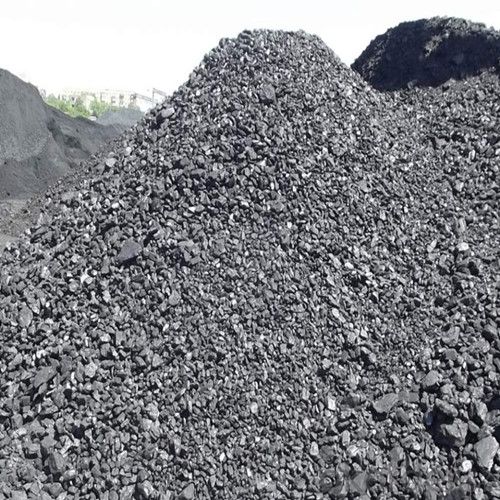
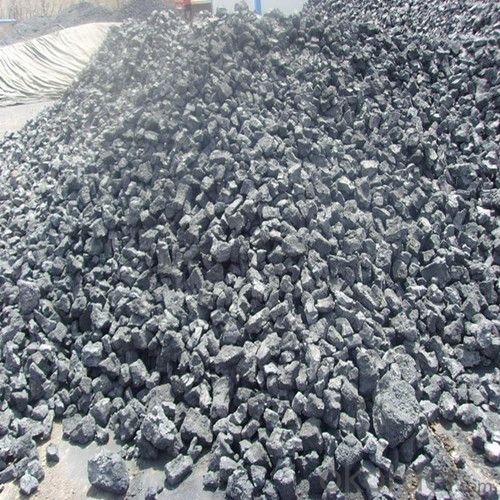
4. Metallurgical Coke of Coke Strength after Reactivity 62 Specification:
Parameters | Guarantee | Rejection |
Total Moisture ( As received basis ) | 5% max | |
Ash ( dry basis ) | 12.5% max | > 13.5% |
Volatile Matter (dry basis ) | 1.5% max | > 1.8% |
Sulphur ( dry basis ) | 0.65% max | > 0.75% |
Phosphorus ( dry basis ) | 0.035% max | > 0.045% |
M10 | 8% max | > 10% |
M40 | 82% min | <80% |
CSR | 62% min | <60% |
CRI | 28% max | > 30% |
Size 30-80 mm | 90% min | |
+80 mm | 5% max | > 8% |
-30mm | 5% max | >8% |
5. FAQ
We have organized several common questions for our clients,may help you sincerely:
1) How to guarantee the quality of the products?
We have established the international advanced quality management system,every link from raw material to final product we have strict quality test;We resolutely put an end to unqualified products flowing into the market. At the same time, we will provide necessary follow-up service assurance.
2) What are coke's main physical properties?
The average heat capacity is 0.808 kj/(KGK) (100 ℃), 1.465 kj/(KGK) (1000 ℃)
Thermal conductivity is 2.64 kj/(MHK) (room temperature), 6.91 kj/(MHK) (900 ℃);
Ignition temperature (air) is 450-650 ℃.
3) How about your company?
Our company began to export coke when China cancelled 40% of coke export tariffs and quotas on January 1, 2013. We export many kinds of coke, such as CSR60 % and CSR 62% metallurgical coke (met coke), the NUT coke of 20 to 50 mm, coke breeze of 3 to 6 mm, and so on.
- Q: The difference between coal and coke
- The semi coke production tend to low temperature carbonization, distillation temperature at 600 degrees Celsius, due to a late start, at present the low temperature carbonization furnace single furnace annual output of 30 thousand tons / year in most equipment under low temperature carbonization furnace forum of more than 50 thousand tons / year scale is still at the exploratory and experimental stage, technology of the large-scale equipment is still not mature, can only achieve centralized mass production using a combination of multi furnace technology. The use of coal field is quite widespread, especially in the carbonaceous reducing agent has unique properties, economic advantages are very obvious.
- Q: What is the density of coke?
- The true density of coke: 1.8 ~ 1.95kg/cm3; apparent density: 0.8 ~ 1.08kg/cm3; pile density: 400 ~ 500kg/cm3
- Q: Coke can be used to do what carbon black can be used to do?
- 1 coke is used to restore the iron ore, coal through pressure, isolated air and high temperature dry distillation, and the by-product of coal gas and coal tar is an important chemical products;
- Q: What is cokeWhat applications are, what is the fire of Malachite copper
- Coke is used for heating, and coke is also used as a reducing agent to process the iron ore, the oxide ore, the malachite is the copper oxide
- Q: Coking coal, coke, coal, steam coal what is the difference?
- Coke is used for blast furnace ironmaking and iron ore in the steel furnace to play the role of the heating skeleton to support reducing agent
- Q: What are the uses of these early industrial iron and steel? Any difference?What kind of carbon do we eat in the middle of a long strip of carbon?
- Coke:The utility model is mainly used for blast furnace ironmaking and smelting of blast furnace for non-ferrous metals such as copper, lead, zinc, titanium, antimony, mercury, etc.. The use of coke instead of charcoal in the blast furnace has laid the foundation for the large-scale development of modern blast furnaces and is a major milestone in the history of metallurgy. In order to achieve better technical and economic indexes of blast furnace operation, the coke (metallurgical coke) must have proper chemical and physical properties. In addition to a large number of coke used in iron smelting and non-ferrous metal smelting (metallurgical coke), but also for casting, chemical, calcium carbide and iron alloy, the quality requirements are different. Such as foundry coke, generally require large size, low porosity, high fixed carbon and low sulfur; chemical gasification, strict requirements for strength, but requires good response, high ash melting point; calcium carbide and coke production requirements to improve the fixed carbon content.
- Q: What is the phosphorus content in coke
- Generally, the phosphorus content of coke is low, about 0.02%.The bituminous coal is heated to 950-1050 DEG C under the condition of air isolation
- Q: What are the requirements for coke and other accounts?
- Futures account opening process1, customers need to carry the original natural person identity card or temporary identity card (must be within the validity period), at least any one settlement bank (China bank, agricultural bank, industrial and commercial bank, construction bank, Bank of Communications) debit card or passbook, to the Futures Company branch or the securities business Department (IB) personally.2, the signing of the "futures trading risk statement", "futures brokerage contract", "bank transfer", "letter of credit" and other agreements, to provide the phone, contact address and postal code.
- Q: Why in the blast furnace ironmaking with coke instead of charcoal why coke can produce heat to improve the heat of the furnace how to produceWhy in the blast furnace ironmaking with coke instead of charcoal why coke can produce heat to improve the heat of the furnace how to produce
- The role of coke in the blast furnace: 1 reducing agent 2 heating agent 3 skeleton role. Combined with the effect of coke in the blast furnace can know compared with coke instead of charcoal. The coke oven gas is produced high calorific value of fuel, and is an important raw material for organic synthesis industry.
- Q: In the coke analysis index, M40% and M25% respectively mean what?
- (1) crushing strength (shatter strength): the ability of a certain particle size coal sample to fall under the condition of free fall.
Send your message to us
CNBM Metallurgical Coke of Coke Strength after Reactivity 62
- Loading Port:
- Tianjin
- Payment Terms:
- TT OR LC
- Min Order Qty:
- 100 m.t.
- Supply Capability:
- 3000 m.t./month
OKorder Service Pledge
OKorder Financial Service
Similar products
Hot products
Hot Searches
